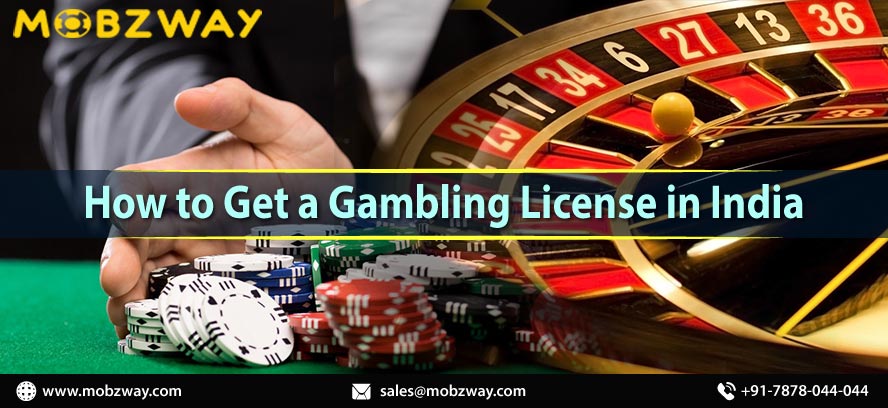Contact Us
Gambling is currently a popular activity in India and is extensively on the rise for online casinos and land-based ones. The gambling business, although being a profitable venture, is highly regulated, with only a few states allowing it through the implementation of the license requirements. Most investors, especially new entrants into the gambling business might not know the right procedures for getting a gambling license or might find the whole process daunting, as licenses tend to vary with different gambling products. Luckily, we are going to take you through the entire process of acquiring a gambling license in India.
Requirements for an Applicant
Below are the requirements one needs to fulfill to obtain a license in India as per the Nagaland Act.
- The applicant should operate within India, together with all the business equipment and technology.
- You must have top management of the business based in India.
- The applicant should apply for the gambling license through the Director of State Lotteries, Nagaland, accompanied by INR 50,000/- as application fees.
- Lastly, the applicant should not have been involved in any criminal activity or breach of law.

Application for a license in India
- Casinos: For one to qualify for a casino license, operations are to be in a five-star hotel. This rule applies in Daman, Goa, Sikkim, and Diu under the Goa act.
- Sports /Horse Betting: A license is mandatory for real horse racing in India; however, this is exceptional for foreign horse racing.
- Poker: Licenses may be unnecessary for skilled versions of poker games such as Hold em poker, omaha, and Texas Holdem in all parts of Indian states except Nagaland, Sikkim, Gujarat, and Telangana.
- Betting: Games of chance are prohibited in most Indian states.
- Lotteries: Under the lottery laws, the state government may appoint an agent through an agreement to market and sell lotteries on behalf of the government.
- Fantasy Betting: In all the Indian states, no license requirements for all fantasy sports except Nagaland, where a permit is mandatory under the Nagaland Act.
- Skill Games: For skill gaming, there is no license required in all the Indian states except Nagaland.
- Social Gaming: For this form of gambling, no permit requirement for operation in most Indian states.
License scope and fees
- Goa
Operators in Goa are allowed to operate gambling activities such as electronic amusement or slot machines in 5-star hotels. Licenses are, however, applicable for a maximum of 20 slot machines.
The cost of getting a license is INR 2000000 for both offshore and onshore casinos despite the number of tables or machines in the casino premises.
For a 100 square-meter land-based casino, the operators pay INR 25000000 per annum in a 5-star hotel. For an offshore casino, the operator pays INR 70000000. It is worth noting that annual licenses increase in the future.
- West Bengal
An operator is usually allowed to apply for a permit for a game of skill that takes place in a fair, carnival, or marketplace that the public can access. The operation fee charged usually is INR 10.
- Sikkim
Licenses are regulated by the government to ensure that operators organize the gambling activities in unison with the Sikkim act, which states that the operations should carry out in a five-star hotel.
The Sikkim Act charges the operator an annual fee of INR 1 lakh, under the Sikkim rules and regulations. The government also charges the operators an online levy of 1% of their gross income.
- Nagaland
The Nagaland Act is responsible for issuing licenses for games of skill such as poker, rummy, spade, snooker, etc. The fees charged for the permit per game for three years is INR 10Lakhs or a duration of two years having a payment of INR 50 Lakhs per annum.
Duration of the licenses
- Sikkim: The license is typically valid for five years unless canceled or returned. The permit is usually renewable upon expiry.
- Nagaland: The license validity period is five years and usually is renewable yearly after the licensing fee paid. D Payment delay can attract a penalty of up to 12% per annum.
- West Bengal: The permits issued are for specific events, and the permit duration varies typically, with some having a period of one day.
- Daman: The permits in Daman also cover a duration of a 5-year time frame.
Conclusion
Having a gambling license ensures you have a smooth running of your casino business. It will also attract more investors and also increase your client base while avoiding fines or prosecutions by the law.





